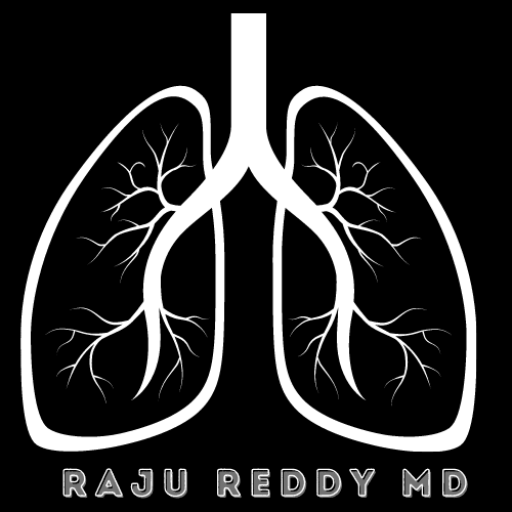A pulmonologist is a medical professional who specializes in the treatment and diagnosis of various conditions that affect the lungs. He or she is able to diagnose and treat diseases such as lung cancer, asthma, pulmonary fibrosis and pneumonia. Similar to other medical specialties, training to be a pulmonologist requires several years of training.
The Training Required to Become a Lung Doctor
Prior to entering medical school, most students earn a bachelor’s degree. Many students choose to pursue a “pre-med” curriculum. However, one can enter medical school majoring in a wide variety of disciplines. Individuals often perform volunteer work at hospitals and clinics which can help enhance an individual’s chances of getting into medical school.
Those who wish to pursue a doctor of medicine (M.D.) or doctor of osteopathy (D.O.) degree must first gain entry to medical school. The application process includes various factors such as an individual’s academic performance, letters of recommendation, volunteer experiences, and MCAT score. The Medical College Admissions Test (MCAT) is a standardized exam that tests an individual’s knowledge of science concepts, critical thinking, and problem-solving skills. Most students usually take this test during their junior or senior year of college.
After four years of medical school, aspiring pulmonologists must first enter training in internal medicine. During this training, residents are required to perform clinical rotations in local hospitals and clinics. After successfully completing training, a physician can then take the internal medicine board certification examination.
A fellowship in pulmonary medicine is additional training that allows doctors to gain knowledge and experience in the field. It is often combined with training in critical care medicine and can last from 3-4 years in length.
Many pulmonologists choose to become board certified in their subspecialty in order to maintain their level of expertise and provide the best possible care. This certification demonstrates a doctor’s dedication to the field and commitment to excellence.

